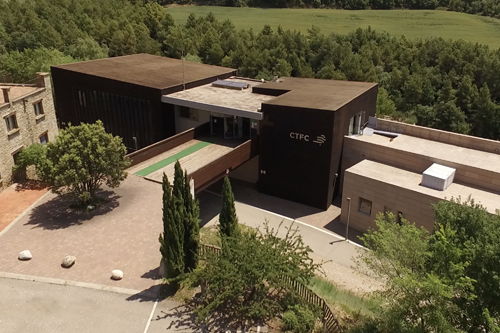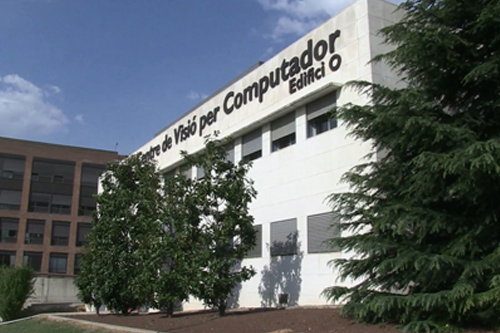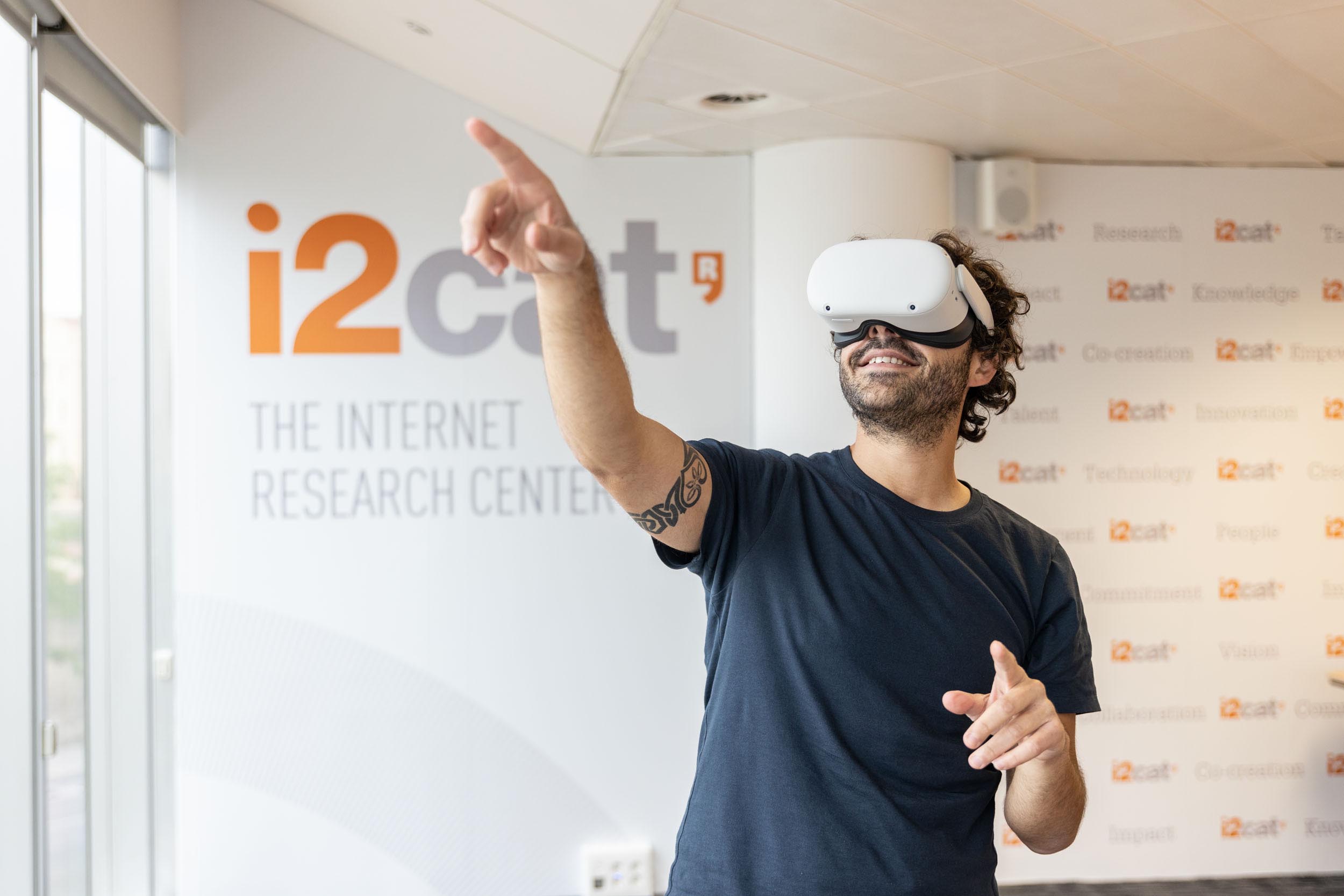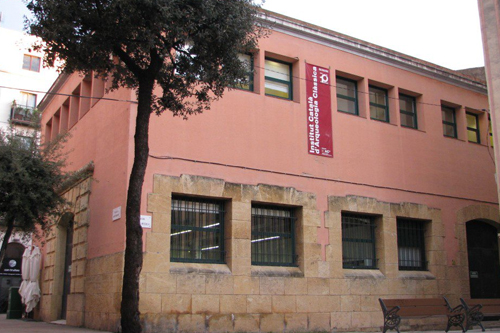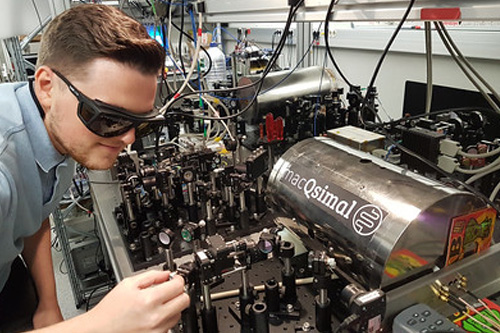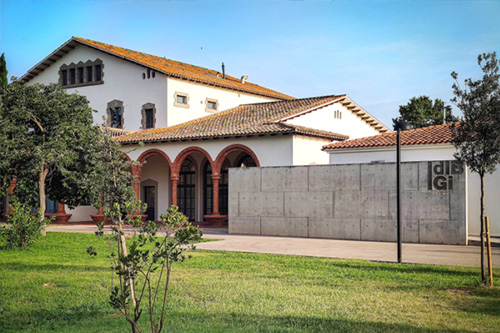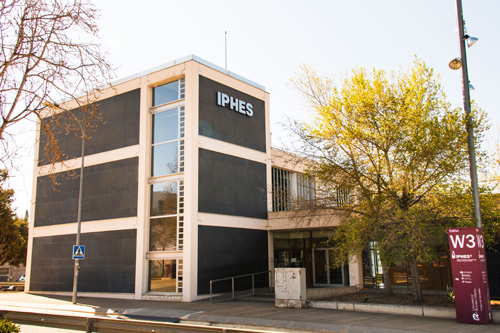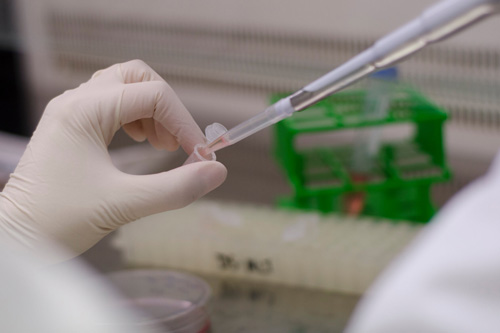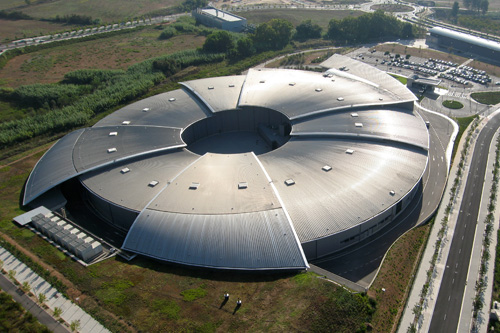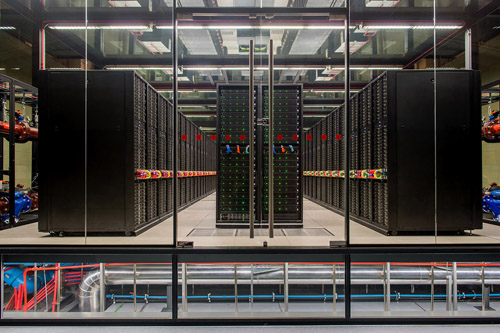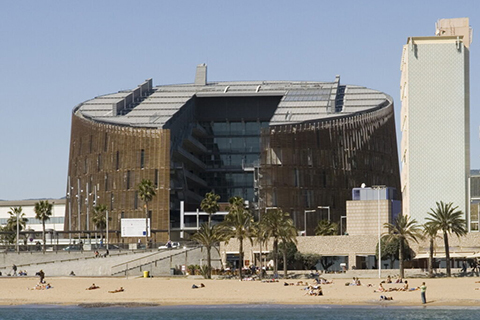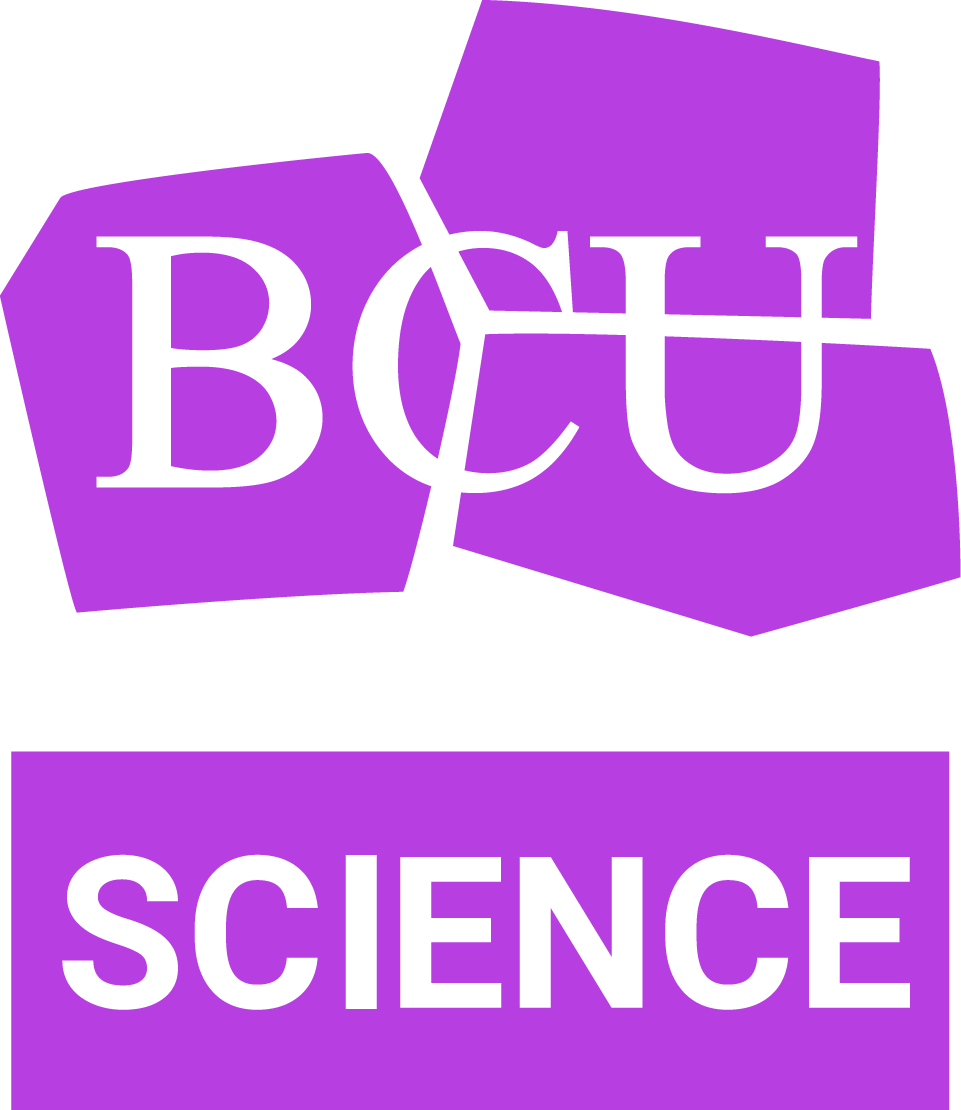SCIENCE IN BARCELONA
BCU – SCIENCE
Research at your fingertips
Catalonia has research centres and large infrastructures of international reference whose main objective is scientific research of excellence. Some of them can be visited:
CTFC (Forest Science and Technology Centre of Catalonia)
It contributes to science for sustainable forest management, biodiversity and circular bioeconomy. It offers visits on demand.
CVC (Computer Vision Center)
It carries out cutting-edge research in the field of computer vision and it also promotes the transference of knowledge to industry and society. It offers visits on demand.
i2cat Foundation
It generates mission-driven research in fields like 5G, IoT, Immersive Technologies, Artificial Intelligence, RINA, Cybersecurity and Blockchain. It offers visits for groups on demand.
ICAC (Catalan Institute of Classical Archaeology)
Its purpose is to carry out research, advanced training and dissemination in the field of the Mediterranean civilisation and culture from protohistory to Late Antiquity, in all its material and immaterial expressions. It offers visits on demand.
ICFO (Institute of Photonic Sciences)
It has the mission to conduct wide-scope, basic and applied research at the highest international level in several branches of the Sciences and Technologies of Light.
IdIBGi (Girona Biomedical Research Institute Dr. Josep Trueta)
Its purpose is to promote, develop, transfer, manage and disseminate biomedical research, scientific and technological knowledge, teaching and training in the areas of life and health sciences, mainly in the Girona area.
IPHES (Catalan Institute of Human Paleoecology and Social Evolution)
It promotes advanced research, education and knowledge transfer, and social engagement with science. It crosses and combines different fields of science to apply them to the study of human and social evolution. It offers visits for groups on demand.
IRB Lleida (Biomedical Research Institute of Lleida)
It covers a chain of translational research, from basic research to research that studies the behavior of diseases in large population groups. It offers visits for groups on demand.
ALBA Synchroton
Third generation Synchrotron Light facility, being the newest source in the Mediterranean area. It is a complex of electron accelerators to produce synchrotron light, which allows the visualization of the atomic structure of matter as well as the study of its properties.
BSC-CNS (Barcelona Supercomputing Center-Centro Nacional de Supercomputación)
Specialised in high performance computing (HPC), it manages MareNostrum, one of the most powerful supercomputers in Europe. It is at the service of the international scientific community and of industry that requires HPC resources.
CRG (Centre for Genomic Regulation)
International biomedical research centre with the mission of discovering and promoting knowledge for the benefit of society, public health and economic prosperity. Occasionally it offers guided tours.
MORE THAN INTERESTING!
DON’T MISS THIS SELECTION OF ARTICLES FROM OUR MAGAZINE Barcelona Talent Guide

Senescents cells..., artificial intelligence...
There are currently over 17,000 marine protected areas (MPAs) all around the world, covering approximately 9% of the oceans. However, only 23% of those areas are subject to clear-cut…
…
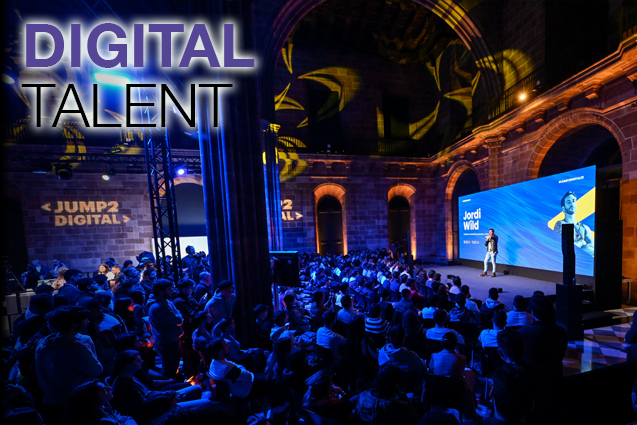
Barcelona, the digital talent capital
Mobile World Capital Barcelona, created initially to host the Mobile World Congress (MWC), is a public-private organization that activates the strategic potential of technological and digital…
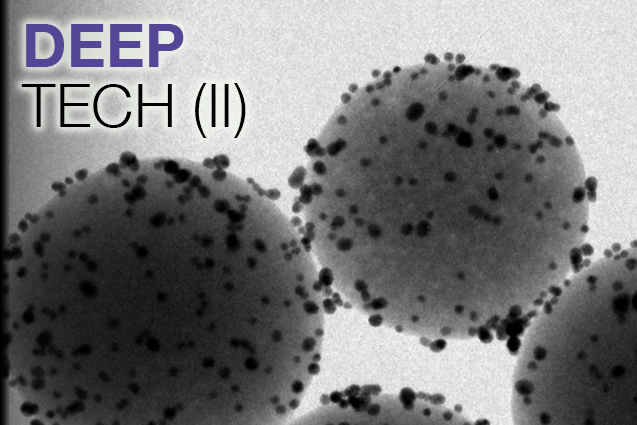
Deep Tech
Catalonia is home to almost 300 start-ups which may be classified as deep tech – companies centered around scientific knowledge and cutting-edge technological leaps such as biotechnology, artificial intelligence or frontier materials. Barcelona is the…
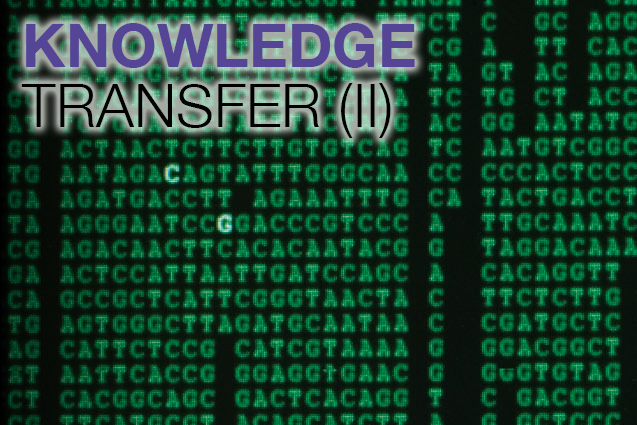
Fragile X syndrome, water scarcity, gut microbiota...
Fragile X syndrome is the main cause behind hereditary intellectual disability. Currently, it cannot be treated through any specific or definitive method; the only options are general …
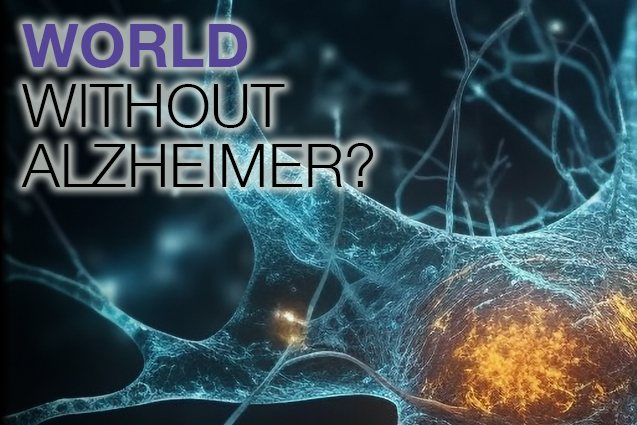
Alzheimer...
In the early years of the 20th century, Alois Alzheimer discovered the up until then unknown symptoms and neuropathological traits of a disease that today afflicts over 900,000 people in Spain and an estimated 50 million…

Diagnosis and evolution of rare diseases
The exact number of rare diseases in existence is unknown, but it is somewhere between 5,000 and 7,000. Due to their infrequency, these rare diseases can take years to be diagnosed…

Deep Tech
In Catalonia, almost half of startups are deep tech organisations, meaning they are based on scientific discoveries or engineering innovations and aim to improve the world around us.
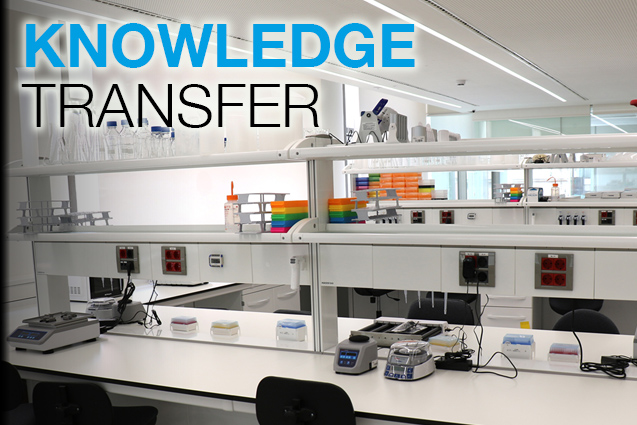
Alzheimer, Spectral images, Gene therapy...
Early, more accurate detection of Alzheimer’s
Spectral images with X-rays for food inspection
Gene therapy for the treatment of ataxias
Crossing biological barriers to optimise the potential of drugs
Overcoming the persistence of cancer
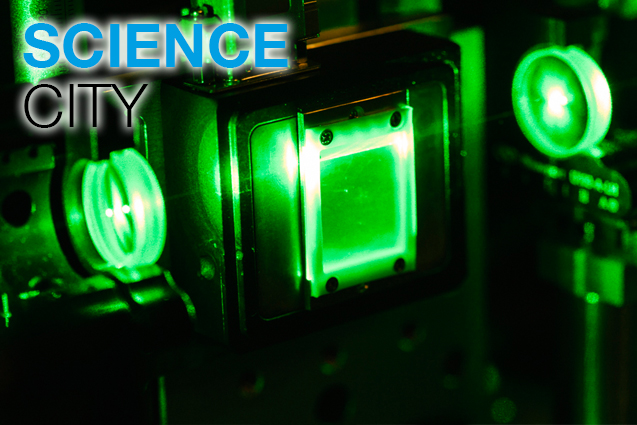
Science City
The Barcelona Institute of Science and Technology (BIST) is a leading, multi-disciplinary research institution that includes seven Catalan research centres, specialising in different scientific areas. All of them have been distinguished…
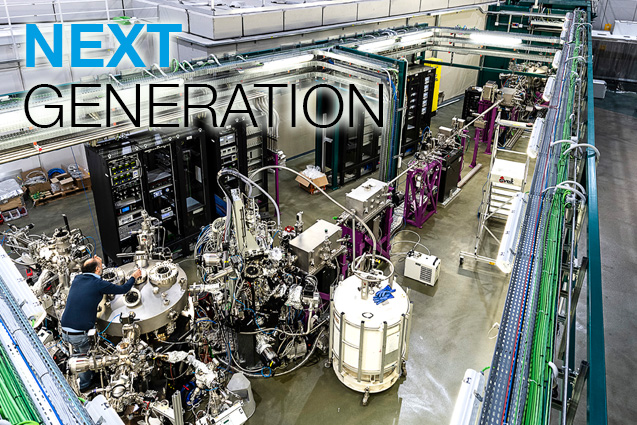
Next Generation
Next Generation EU are the funds agreed by the European Council in July 2020 as an extraordinary instrument for tackling the economic and social consequences of the pandemic. In order to implement part of these funds, the Ministry of Science and Innovation…
